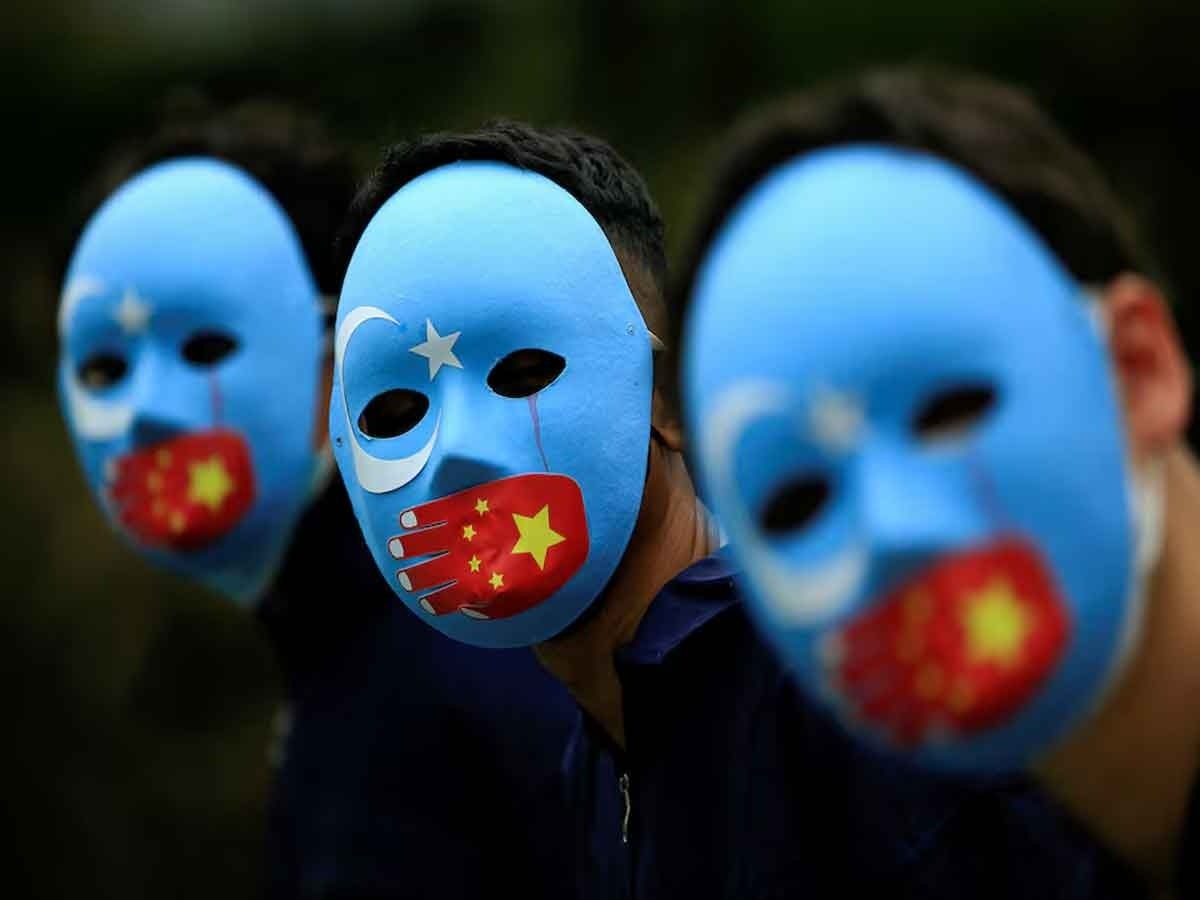
 Muslim Minority Repression in China: Over the past several years, reports have emerged of mosques being demolished, religious symbols being removed, and heavy restrictions being placed on the practice of Islam in China’s Xinjiang province. Xinjiang, (officially the Xinjiang Uyghur Autonomous Region), is home to approximately 12 million Uyghurs, a Turkic ethnic group that primarily practices Islam.
Muslim Minority Repression in China: Over the past several years, reports have emerged of mosques being demolished, religious symbols being removed, and heavy restrictions being placed on the practice of Islam in China’s Xinjiang province. Xinjiang, (officially the Xinjiang Uyghur Autonomous Region), is home to approximately 12 million Uyghurs, a Turkic ethnic group that primarily practices Islam.
This region has a history of tension and conflict. Violence has occurred here from time to time due to separatist and extremist movements.
The region witnessed a series of violent incidents in the 2000s and 2010s, which the Chinese government blamed on Uighur separatists. After this, Beijing intensified its crackdown in the region.
New targets are being targeted
Now, according to a Foreign Policy report, Beijing’s repressive techniques developed in Xinjiang are being used against new targets in China.
During Ramadan, Muslims in Yuxi, China received a threatening WeChat message from the Ethnic and Religious Affairs Bureau.
The notice called for monitoring schoolchildren who fast, Foreign Policy reported. Local officials were instructed to check the participation of minors in fasting and other religious activities.
“Party committees, governments, education and sports bureaus at all levels should investigate the participation of minors in fasting and other religious activities,” the notice said.
In this, emphasis was laid on maintaining separation between education and religion. It was called upon to strengthen the education and guidance of teachers, students and most of the youth.
Yuxi is home to a significant Muslim minority, the Hui community
. It has been facing increased scrutiny as part of China’s Sinification campaign, which includes restrictions on religious practices and increased surveillance. China has been doing all this in Uzghar.
In 2018, Xi presided over a national conference on education, where he called on teachers to prioritise identification with the party among national youth.
The Chinese President had said, “If the first button is pressed wrongly, all the other buttons will be pressed wrongly. Life must be buttoned up correctly from the very beginning.”
Attempts to integrate minorities into Han culture
China’s assimilation policy seeks to integrate ethnic minorities into Han Chinese culture. This includes removing halal signs, changing mosque architecture and, now, monitoring religious practices among Hui youth. The campaign aims to create a unified national identity by reducing cultural and religious distinctions among minorities.
The Yuxi notice reflects a broader effort to separate minority
children from their cultural and religious heritage. Similar measures are adopted for Uighur, Tibetan and Inner Mongolian children. Their aim is to instill loyalty to the Communist Party from an early age.
The techniques now being used on the Hui people were first used on the Uighurs and other Turkic Muslim minorities in Xinjiang, where a high-tech state monitors almost every aspect of Muslim behaviour.
The Hui community, partly descended from Arab and Persian traders, speak Mandarin and are ethnically indistinguishable from the Han majority.
Despite its long assimilation history, the Hui community, often regarded as China’s ‘model Muslim minority’, finds itself at the centre of a nationwide Sinification campaign that began in 2016, FP reports.
Many restrictions imposed in Yuxi
Civil servants in Yuxi are prohibited from wearing headscarves. Veiled teachers must submit new profile photos without headscarves.
The policing of Islam in schools, under the guise of separating religion from education, prevents children from participating in religious retreats and activities.
These surveillance and restrictions have intensified since a 2014 stabbing attack in Kunming linked to Uighur separatists.
What’s next ?
As surveillance technologies from Xinjiang spread to other regions, the Hui’s religious freedom is being eroded. The increased surveillance and restrictions signal a growing crackdown on Muslim practices across China.
This approach mirrors the treatment of the Uighurs, raising concerns about the future of religious and cultural freedom for all Muslim minorities in China.
The international community has reacted strongly to China’s actions in Xinjiang. Various countries, including the United States, have imposed sanctions on Chinese officials and entities involved in human rights abuses.
The US government has described the situation as genocide, while other countries have called for an independent investigation.
Despite widespread condemnation, China has denied any wrongdoing, and says its policies in Xinjiang are necessary for national security and stability.
Read More: World Bank Approves 700 Million Dollars for Pakistan to Boost Economic Stability and Public Services

 Share
Share



